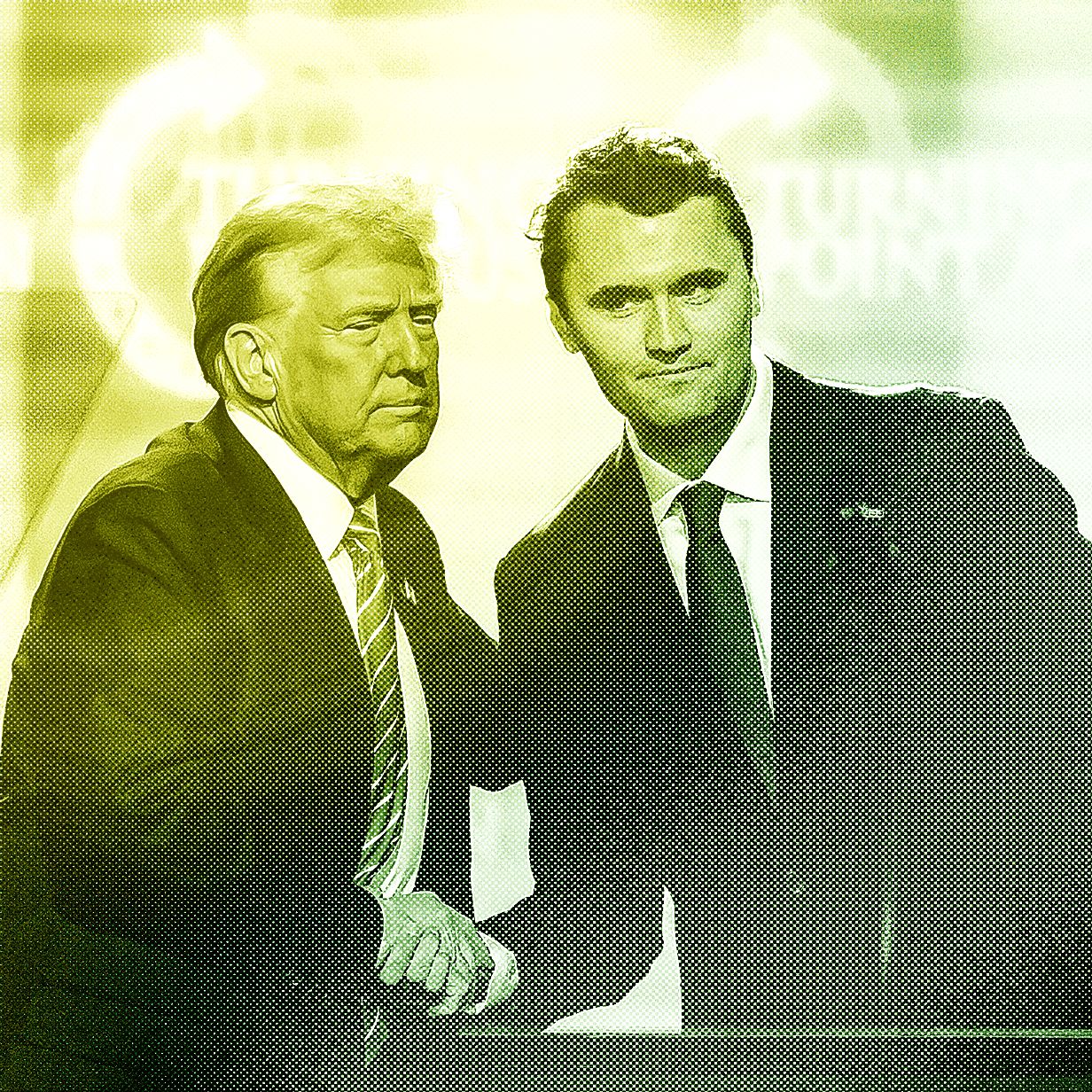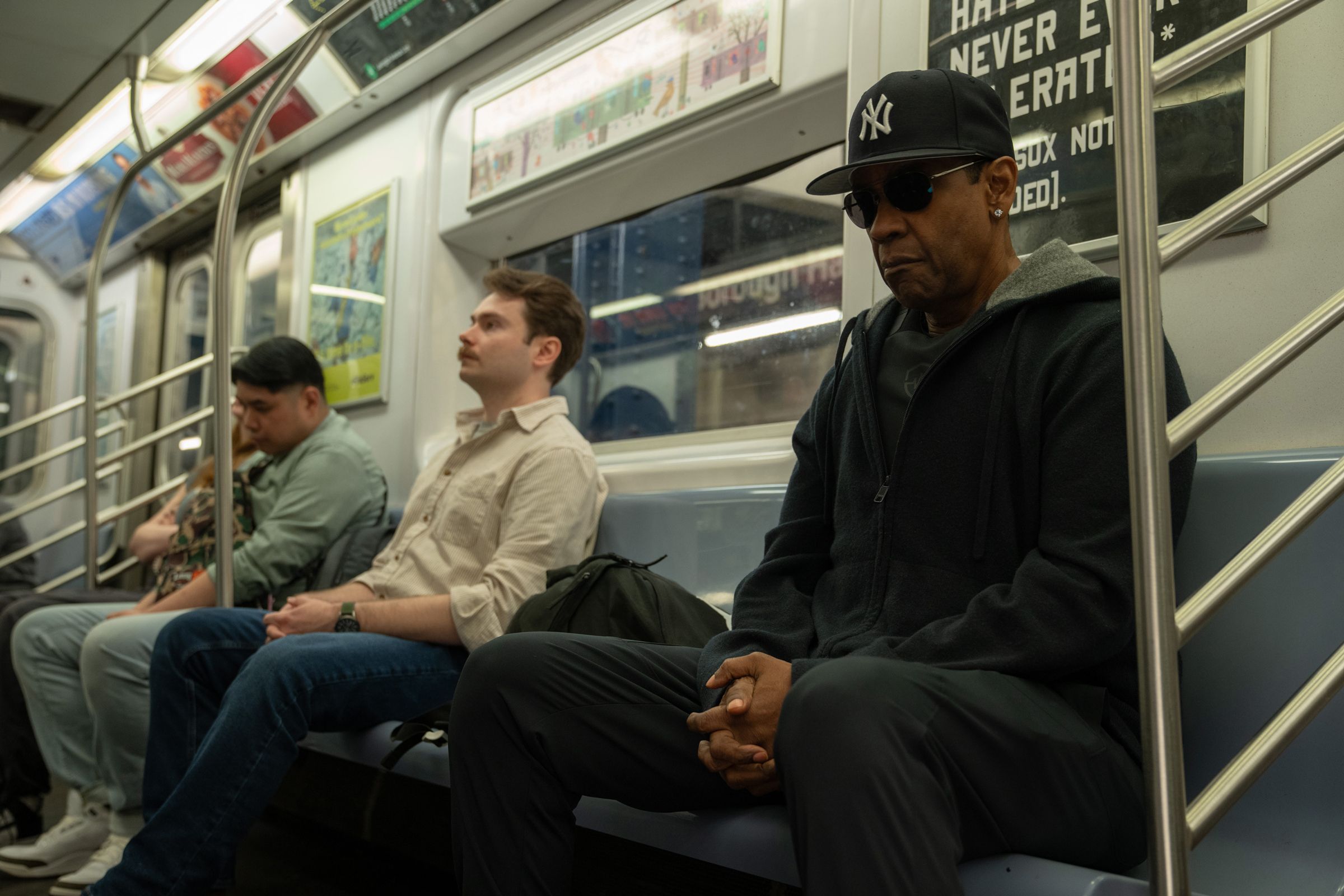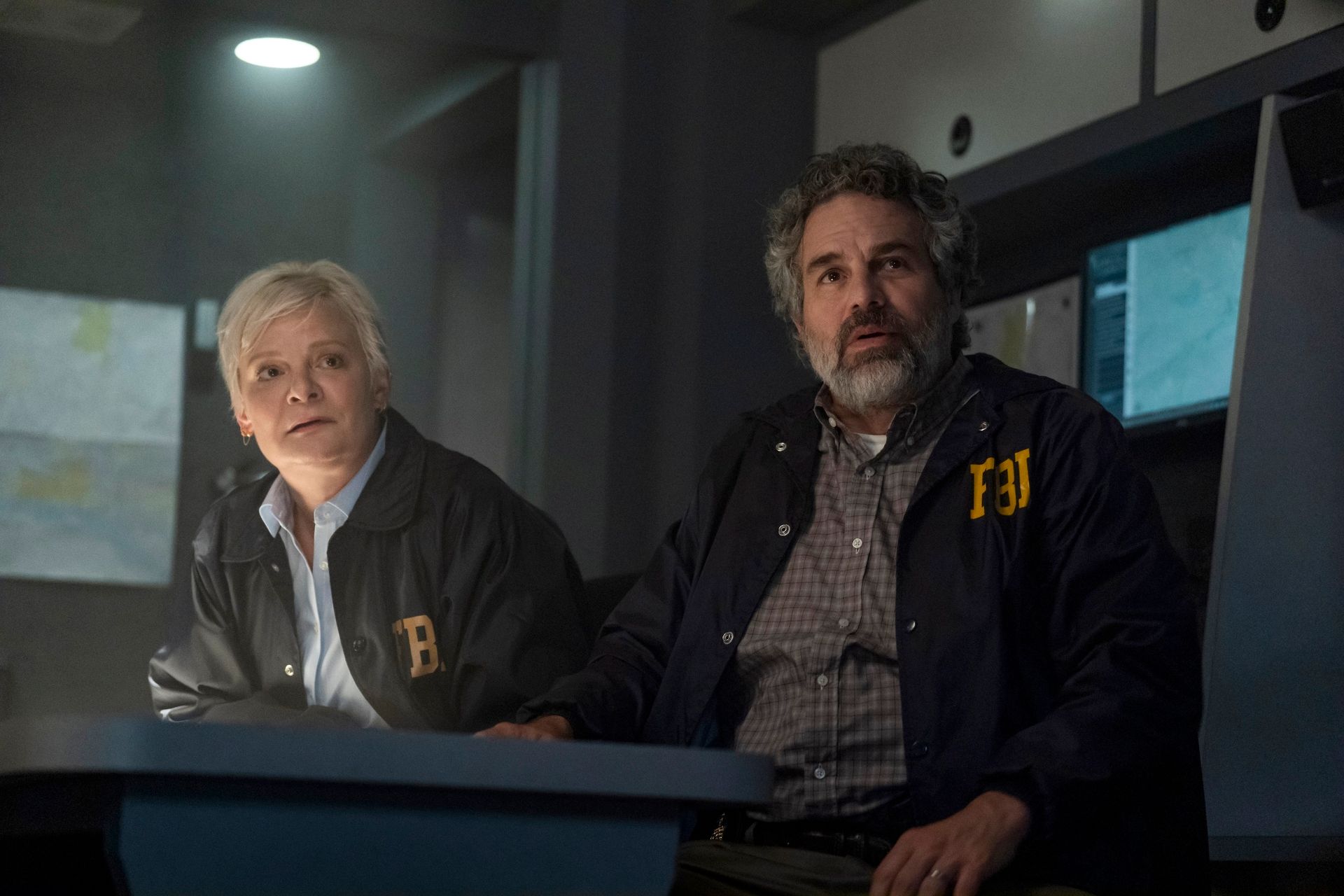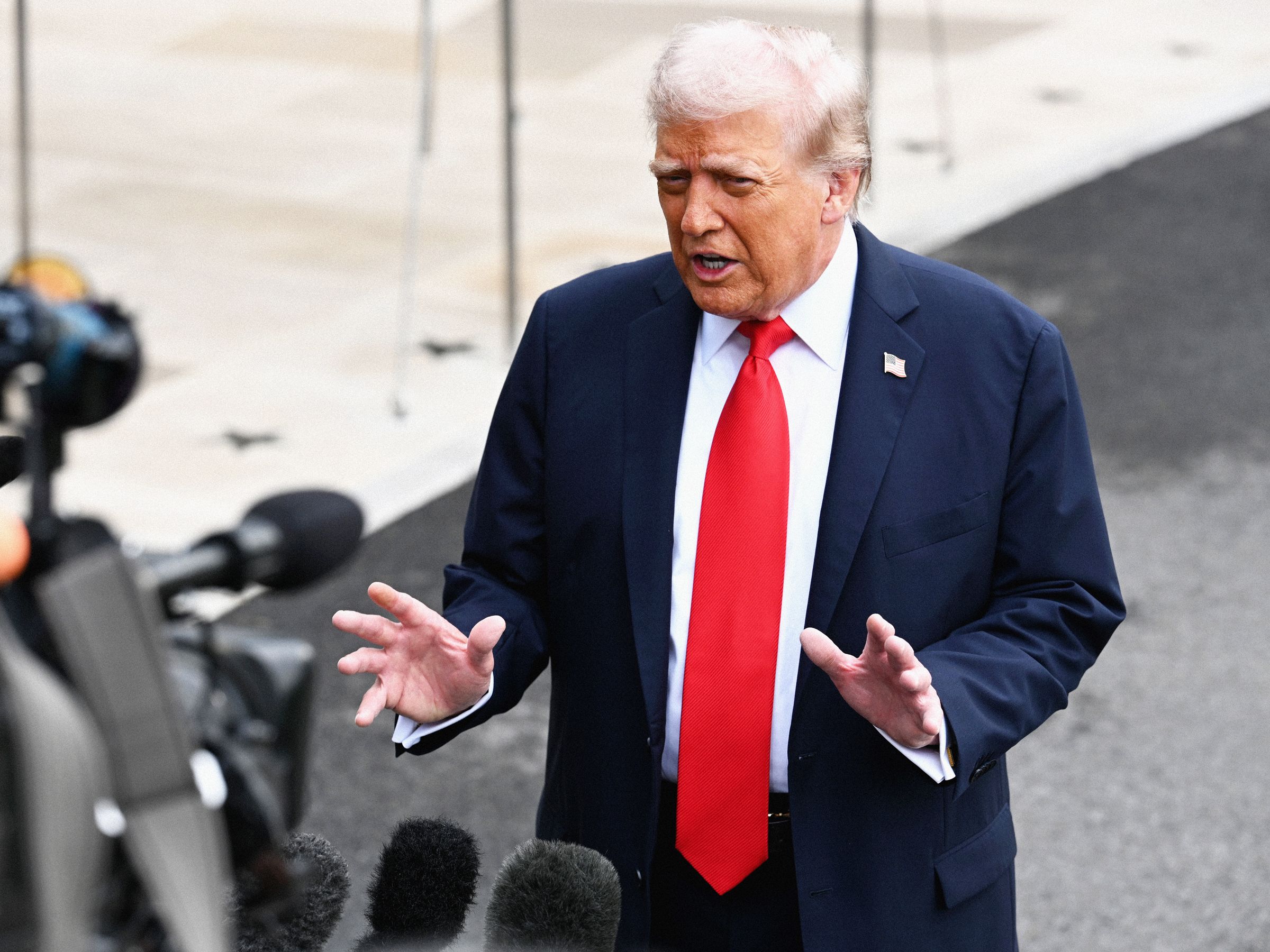Cancel Culture Comes for Artists Who Posted About Charlie Kirk’s Death
…
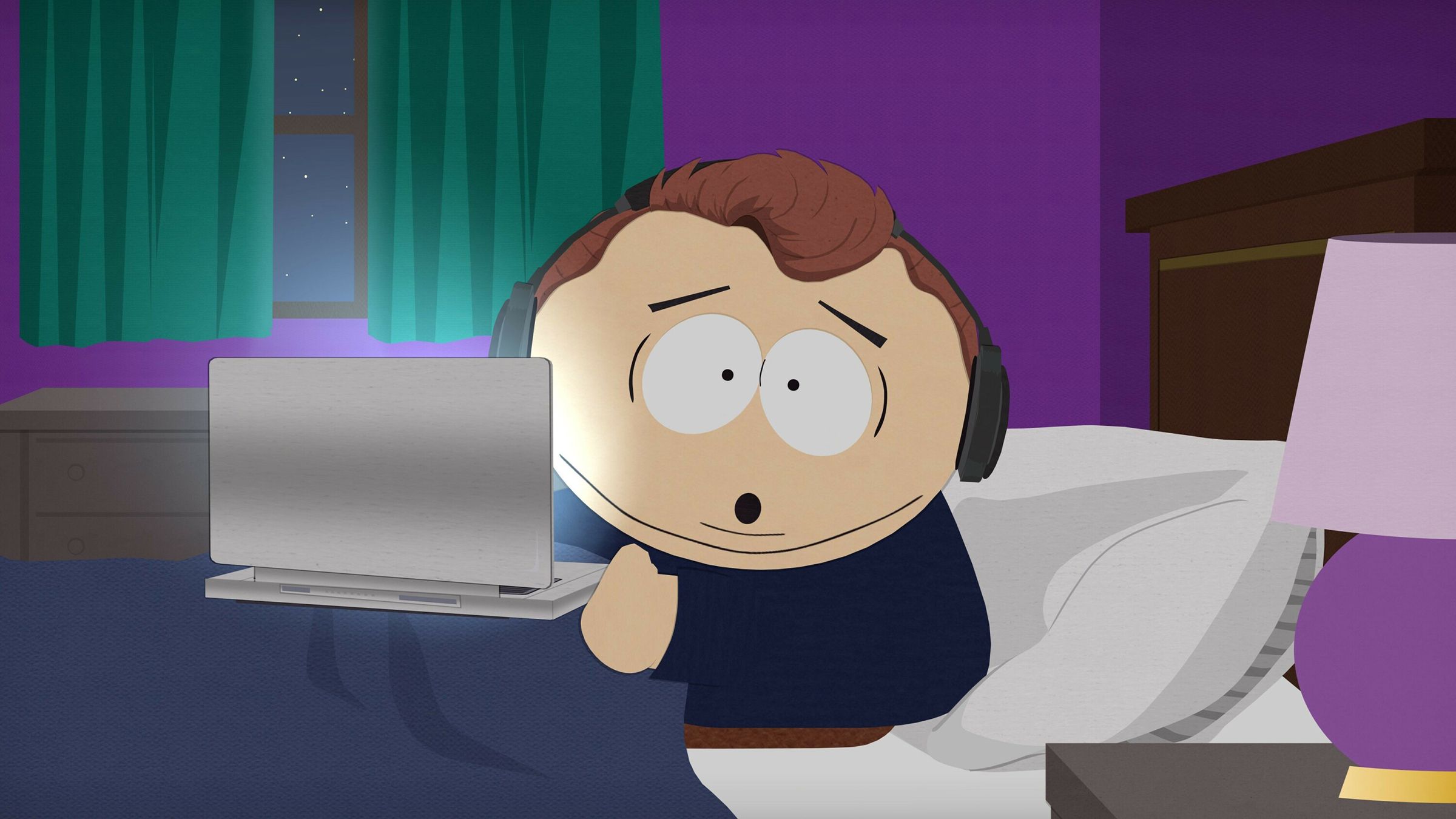
Cancel Culture Comes for Artists Who Posted About Charlie Kirk’s Death
Recently, a controversial incident has been making headlines in the art world. Several artists took to social media to express their opinions on the death of prominent conservative figure Charlie Kirk.
While some artists paid their respects, others used the opportunity to criticize Kirk’s political views and actions. This led to a heated debate online, with supporters and detractors clashing over the appropriateness of discussing such a divisive figure’s passing.
However, the controversy didn’t end there. As more people joined the conversation, some of the artists who posted about Kirk’s death found themselves facing backlash and calls for cancellation.
Many argued that it was insensitive and disrespectful to speak ill of the deceased, while others defended the artists’ right to express their opinions freely. The debate highlighted the ongoing tensions between cancel culture and freedom of speech in the art community.
As the backlash intensified, some of the artists issued public apologies or deleted their posts altogether. Others stood firm in their beliefs, refusing to back down in the face of criticism.
While cancel culture has been a contentious issue in recent years, this incident serves as a stark reminder of its power to shape public discourse and hold individuals accountable for their words and actions.
Ultimately, the debate surrounding artists who posted about Charlie Kirk’s death raises important questions about the boundaries of free speech, the role of social media in shaping public opinion, and the responsibilities that come with being a public figure in today’s polarized society.
As the conversation continues to evolve, it remains to be seen how the art world will grapple with the challenges and complexities of navigating cancel culture in an increasingly interconnected and scrutinized digital age.
